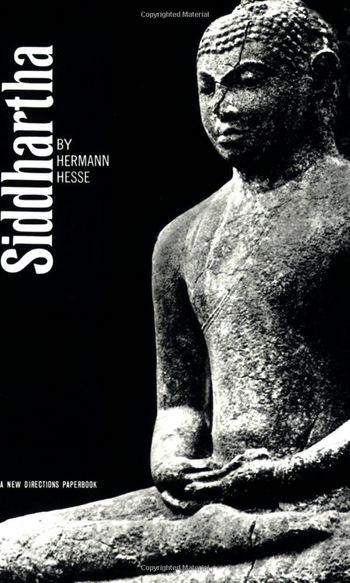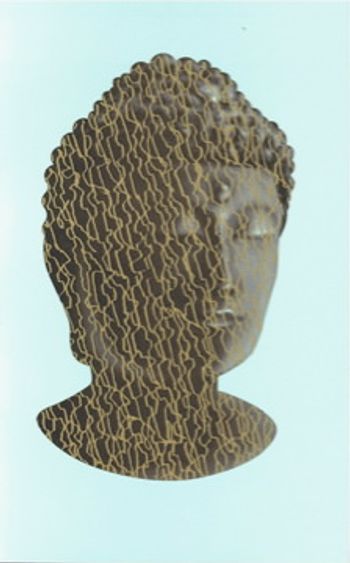Hilda Rosner

Siddhartha
by Hermann Hesse
Translated by Hilda Rosner
Here the spirituality of the East and the West have met in a novel that enfigures deep human wisdom with a rich and colorful imagination.
Written in a prose of almost biblical simplicity and beauty, it is the story of a soul’s long quest in search of he ultimate answer to the enigma of man’s role on this earth. As a youth, the young Indian Siddhartha meets the Buddha but cannot be content with a disciple’s role: he must work out his own destiny and solve his own doubt―a tortuous road that carries him through the sensuality of a love affair with the beautiful courtesan Kamala, the temptation of success and riches, the heartache of struggle with his own son, to final renunciation and self-knowledge.
The name “Siddhartha” is one often given to the Buddha himself―perhaps a clue to Hesse’s aims in contrasting the traditional legendary figure with his own conception, as a European (Hesse was Swiss), of a spiritual explorer.

Siddhartha / The Dhammapada
by Hermann Hesse and Buddha
Translated by Hilda Rosner
Written in a prose of almost biblical simplicity and beauty, Siddhartha is the story of a soul’s long quest for the answer to the enigma of man’s role on earth. As a youth, the young Indian Siddhartha meets the Buddha but isn’t content with the disciple’s role. He must work out his own destiny––a torturous road on which he experiences a love affair with the beautiful courtesan Kamala, the temptation of success and riches, the heartache of struggling with his own son, and finally, renunciation and self-knowledge. The name “Siddhartha” is often given to the Buddha himself––perhaps a clue to Hesse’s aims contrasting the traditional legendary figure with his own conception.
This new edition of the classic Siddhartha includes The Dhammapada (“Path of Virtue”), the 423 verses attributed to the Buddha himself, which forms the essence of the ethics of Buddhist philosophy.